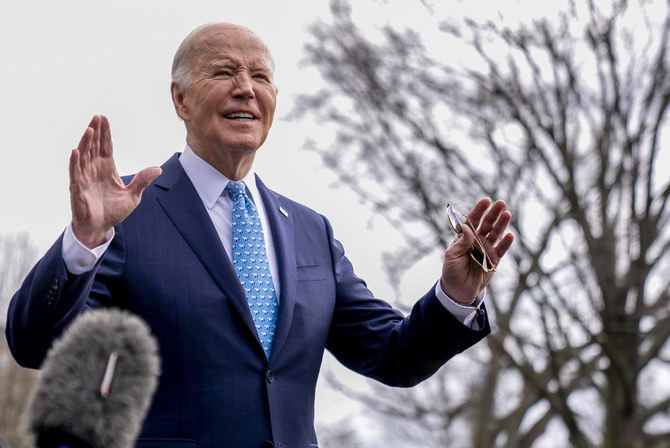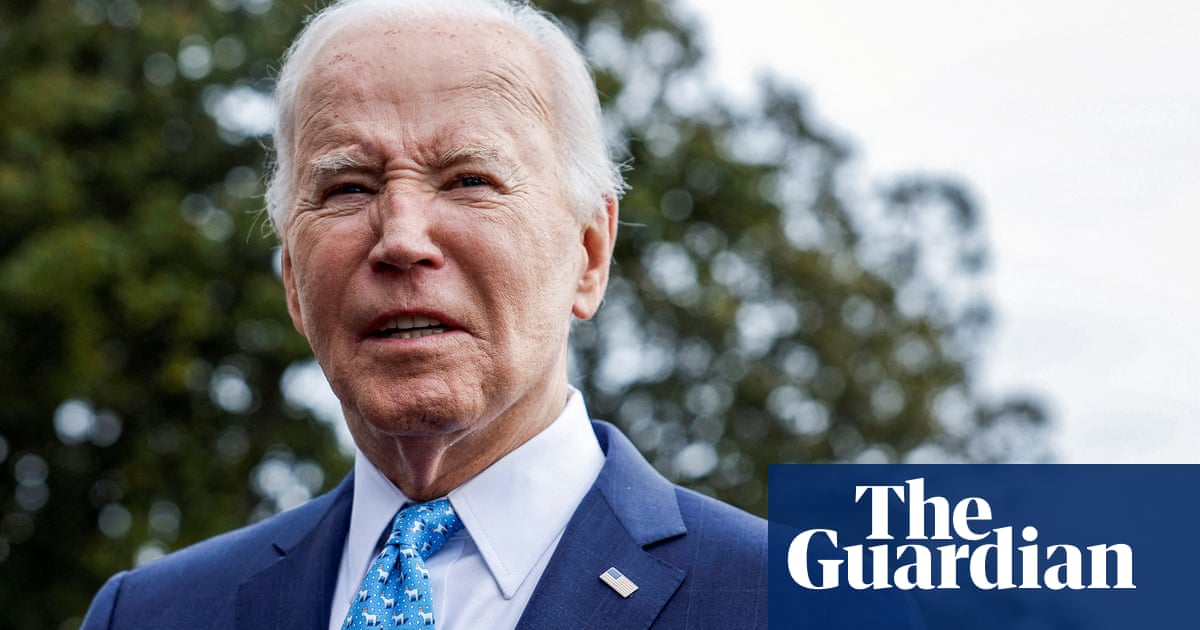
New US President Joe Biden and his administration have some long and arduous tasks on their to-do list. Much of that list is about rectifying the damage and restoring some order after the chaos left by the previous administration. On an extremely busy agenda in the midst of a pandemic, one of the issues requiring extensive fence-mending is Washington’s relations with the Palestinians.
Without restoring its credibility and trust with the Palestinians, and rebuilding working relations with their leadership in Ramallah and beyond, the US does not stand a chance of impacting the state of affairs between the Israelis and the Palestinians in any positive and constructive manner. Currently, the ties between the US and the Palestinian leadership are probably at their lowest ebb since the early 1990s. However, following the Madrid Conference of 1991, and especially after the signing of the 1993 Oslo I Accord, relations did improve. Though the US has quite understandably never been perceived as an honest broker in the Israeli-Palestinian conflict, it played a role by offering financial aid and security coordination.
In the absence of other willing or capable mediators, the US was the best and probably the only viable go-between, albeit not an impartial one. Moreover, between 1994 and 2018, Washington provided more than $5 billion in support for the Palestinian government and humanitarian programs, in addition to $6 billion of aid to the UN Palestinian refugee agency. But in one of the most damaging decisions taken by Donald Trump, this aid came to an abrupt and complete end in 2018, increasing the hardships suffered by Palestinian refugees while causing understandable anger among them. Furthermore, Trump shut down the Palestinian mission in Washington, moved the US Embassy in Israel to Jerusalem, and the icing on the cake was last January’s utterly one-sided so-called “peace plan” that left relations between the US and the Palestinians in tatters.
Broken ties between Washington and the Palestinians don’t serve the interests of either side, and neither does the present situation serve Israeli interests of reaching a state of peaceful and lasting coexistence with the Palestinians, especially one where the rights — including of self-determination — of both sides are recognized. And this, at least in principle, is the approach that has already been adopted by the Biden administration.
If, in the last four years, there was a sense that the Israeli Netanyahu government had too much influence on US foreign policy — an influence that went well beyond the Palestinian issue — signals from the new administration indicate the restoration of some order regarding who calls the shots in this close alliance. For instance, nearly a month after his inauguration, Biden has yet to talk to Prime Minister Benjamin Netanyahu, despite making calls to a long list of other leading allies. Some interpret this as a conspicuous snub to Netanyahu, suggesting frosty relations between the two. Nevertheless, it might be more about indicating a change of priorities in US foreign policy and ensuring that the Israeli government recognizes that the cozy relationship it enjoyed with the former president is no more, especially if there is no change of attitude toward the Palestinians.
Though one cannot envisage a genuine sea change in the US approach toward either side, Biden has already taken a number of steps aimed at improving relations with the Palestinians, including restoring aid and reopening diplomatic missions. At first glance, this appears to be no more than simply restoring some common sense but, in light of acting US envoy to the UN Richard Mills telling the Security Council that Biden favors a two-state solution and urging both sides to avoid unilateral steps in order to make this option viable again, there is some hope of a more even-handed American approach. Mills also specifically mentioned settlement activity, house demolitions, incitements to violence, and providing compensation for individuals imprisoned for acts of terrorism. This is clearly a departure from heaping all the blame for the stalled peace process on the Palestinians; a position that was not only far from reflecting the truth but also counterproductive to any hope of a genuine dialogue.
Broken ties between Washington and the Palestinians don’t serve the interests of either side.
Yossi Mekelberg
It would be unrealistic to expect the new administration to have either the capacity or the desire to embark on a fully fledged peace initiative, especially while both the Israeli and Palestinian political systems are unstable, lack resilience, and could not cope with or even survive the challenge of such complex negotiations under constant domestic scrutiny, let alone mobilize a critical mass in support of an agreement. But Washington could slowly turn itself into a credible and constructive player in Israeli-Palestinian relations.
In this asymmetric conflict, where the US provides massive military, economic and diplomatic support to Israel, it also has an obligation to reassure the Palestinians that no agreement will be imposed on them and that the UN resolutions and the pre-June 1967 borders are the benchmark for any peace negotiations. Moreover, in the absence of a comprehensive peace initiative, Washington can still express its support for a fair and just agreement based on a two-state solution, with Jerusalem as the capital of both Israel and Palestine, and with all Palestinians enjoying full citizenship rights. One useful step in the right direction would be to be proactive in easing the blockade on the Gaza Strip and to improve living conditions in the occupied West Bank, while pressing Israel to stop its expansion of illegal settlements there.
The new administration’s first moves to ease the tensions in US-Palestinian relations are a welcome start, but it will have to step up a gear, even if this occasionally involves friction with the Israeli government. Under Trump, Israel’s government was given a blank check by Washington to deal with the Palestinians as it wished, and it consequently exploited this to take liberties in entrenching the occupation. It is for the Biden White House to set some new rules that introduce more impartiality, while laying the foundations for improving conditions on the ground that could not only establish some trust in Washington by the Palestinians, but also see the start of what might lead to a viable peace process with Israel.
Yossi Mekelberg is professor of international relations at Regent’s University London, where he is head of the International Relations and Social Sciences Program. He is also an associate fellow of the MENA Program at Chatham House. He is a regular contributor to the international written and electronic media. Twitter: @YMekelberg
Disclaimer: Views expressed by writers in this section are their own and do not necessarily reflect Arab News" point-of-view












